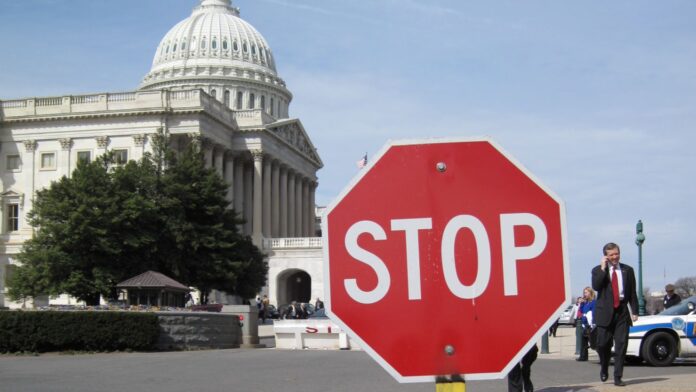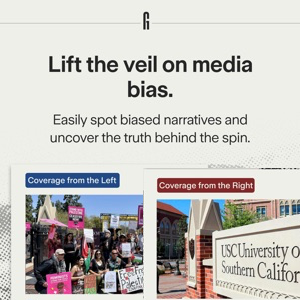In a groundbreaking legislative move that has left etiquette experts baffled and social media ablaze, the United States Congress has officially declared the word “please” optional in polite society. This controversial decision, which has been met with mixed reactions, is poised to fundamentally alter the way we interact with another, potentially ushering in a golden age of bluntness or, more likely, a dystopian nightmare of passive-aggressive grunts.
According to Senator Bartholomew Blunderbuss (R-WhoCares), the bill is designed to “streamline communication” and “boost productivity.” “People waste too much time saying ‘please,'” he explained, adjusting his monocle with a flourish. “It’s a needless formality that slows down the pace of modern life. This bill is all about getting things done, American style!” When pressed on the potential for increased rudeness, Senator Blunderbuss simply chuckled and muttered something about “thin-skinned snowflakes.”
Unsurprisingly, the public reaction has been nothing short of spectacular. Twitter, a bastion of measured discourse, has erupted in a cacophony of outrage and indifference. One user, identified only as “GrumpyGary420,” declared, “This is the end of civilization as we know it. What’s next, mandatory rudeness? I won’t stand for it!” Meanwhile, “EfficiencyExpert88” chimed in with a more pragmatic approach: “Finally! No more wasting time with pleasantries. Now I can demand my coffee refill like a boss!”
Experts, naturally, are divided. Dr. Fitzwilliam Fitzhugh, a renowned etiquette expert with a penchant for wearing cravats, expressed deep concern. “This could lead to a decline in civility and an increase in social friction,” he warned, adjusting his spectacles with a trembling hand. “People may become more aggressive and demanding if they don’t have to use polite language. Imagine a world where one simply snatches the remote from their neighbor without a ‘please’ or a ‘by your leave!’ It’s barbaric!”
Linguists, ever the optimists, see a silver lining. Professor Mildred Malaprop, whose research focuses on the evolution of slang, believes this might lead to a more creative use of language. “Think of it as a blank canvas! People will have to find new ways to express themselves politely without resorting to the tired old ‘please,'” she enthused, before launching into a ten-minute lecture on the historical development of the subjunctive mood.
Psychologists, ever the Debbie Downers, are predicting a rise in passive-aggressive behavior. Dr. Sigmund Freudstein, a specialist in interpersonal communication, envisions a future filled with slamming doors, exaggerated sighs, and the pointed use of emojis. “People will still want to be polite, but without the ‘please’ as a social lubricant, it will all come out sideways,” he lamented, stroking his imaginary beard. “Prepare for an epidemic of eye rolls and the silent treatment.”
As we enter this brave new world of optional politeness, it’s up to us to decide whether we want to embrace this radical change or fight back. Perhaps it’s time to start a grassroots movement to restore the word “please” to its rightful place in our lexicon. We could organize polite protests, hold candlelight vigils for civility, or simply start saying “please” with an air of defiance, like a rebellious teenager refusing to wear socks. Or, maybe we should just give up and accept our fate as a nation of rude, impatient people who can’t be bothered to utter a simple two-syllable word. The choice is yours, America. Just remember, with great freedom comes great responsibility. The future of politeness, and possibly our sanity, hangs in the balance.
So get out there and make your voices heard! (Unless, of course, you just don’t feel like it.)


